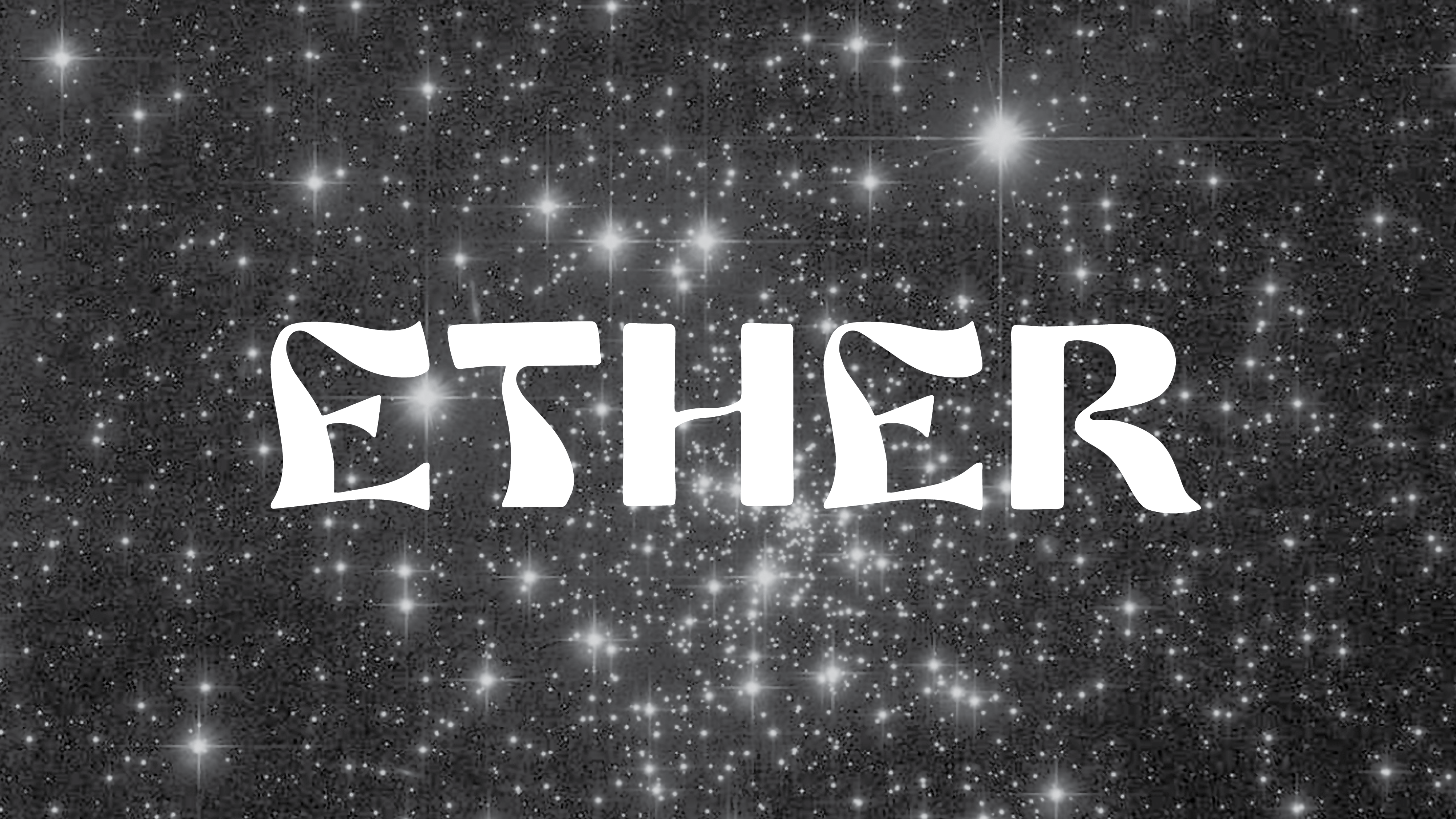
- This event has passed.
‘Ether’ by Genevieve Collins
2021-12-03 - 2021-12-08

An immersive sensory environment that explores the possibilities of sensory perception in outer space—
DATES: December 3rd to the 8th, CLOSED ON THE 5TH
HOURS: 11:00 AM to 4:00 PM EST
Due to COVID, it is necessary to email sensoryfutures@gmail.com in advance to schedule a visit and receive a copy of the consent form and project description.
Drawing inspiration from speculative habitat design, scientific studies, and science fiction, Ether asks questions such as: what does Martian water taste like, what does the layered atmosphere of Venus smell like, and how might a non-terrestrial entity register the elements of the Voyager Golden Record? Using sensory ethnography as a guiding method, this project encourages participants to reflect on their unique sensory experiences and perhaps even imagine a more than human subjectivity.
The exhibition will take place at L’Institut de tourisme et d’hôtellerie du Québec (ITHQ) at 3535 Saint Denis from December 3rd – 8th. Visitors are asked to participate in a small group discussion after engaging with the exhibition, and the entire experience will take approximately 45 minutes. A maximum of 3 participants may engage at once, so please feel free to indicate in your email if you would like to schedule a group visit.
This research is inspired by immersive multi-modal exhibitions created by Chris Salter and David Howes, such as Displace, a performative sensory environment designed to engage and combine the senses. Drawing on their research creation methods, this project combines visuals, acoustics, aromas, tastes, and tactile sensations to craft a particular sensory atmosphere that participants may find compelling, confounding, or blissfully disorienting. The concluding small group discussions offer participants the opportunity to share their unique experiences in the immersive environment and reflect on how their sensory perception may have been subverted, altered, or ‘reconfigured’ (Howes & Salter 2016).
Genevieve Collins is an MA student in the Department of Sociology and Anthropology at Concordia University. Her research interests include sensory studies, futures anthropology, and astronautical space futures. Her MA thesis project is directed by Professor David Howes and funded by the Social Science and Humanities Research Council (SSHRC), Fonds de recherche du Québec – Nature et technologies (FRQNT), ExperiSens, le centre collégial de transfert de technologie (CCTT) de l’Institut de tourisme et d’hôtellerie du Québec (ITHQ).
Please email sensoryfutures@gmail.com for more information and to schedule a visit.
